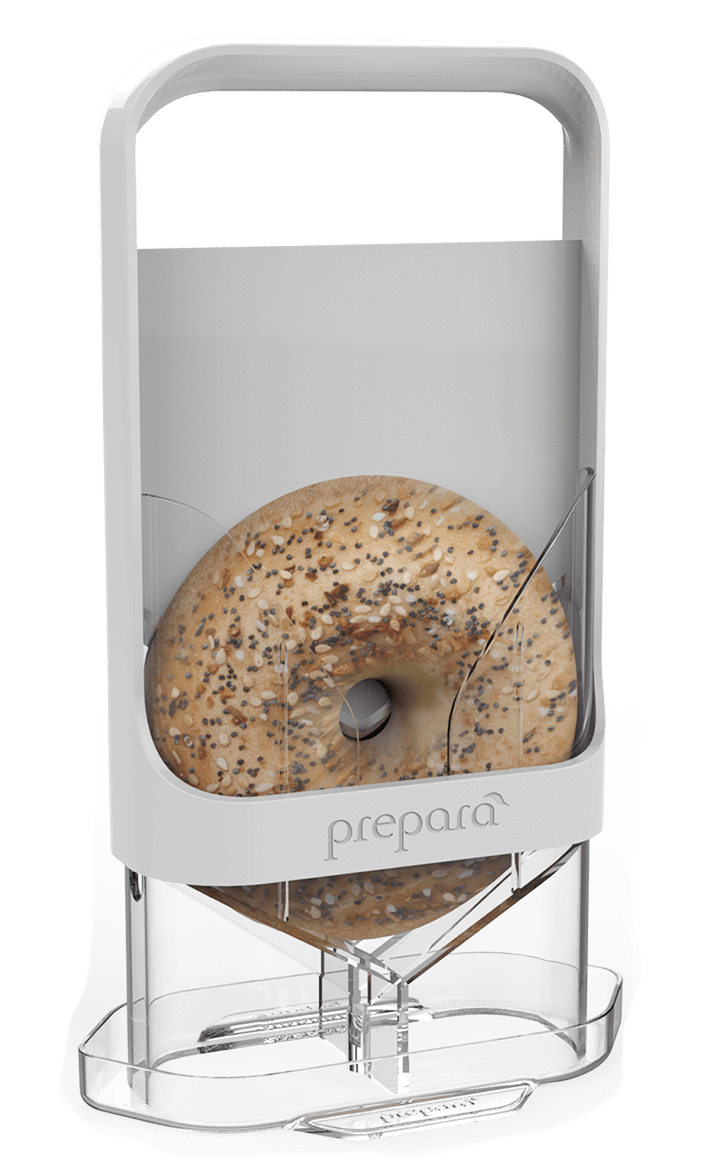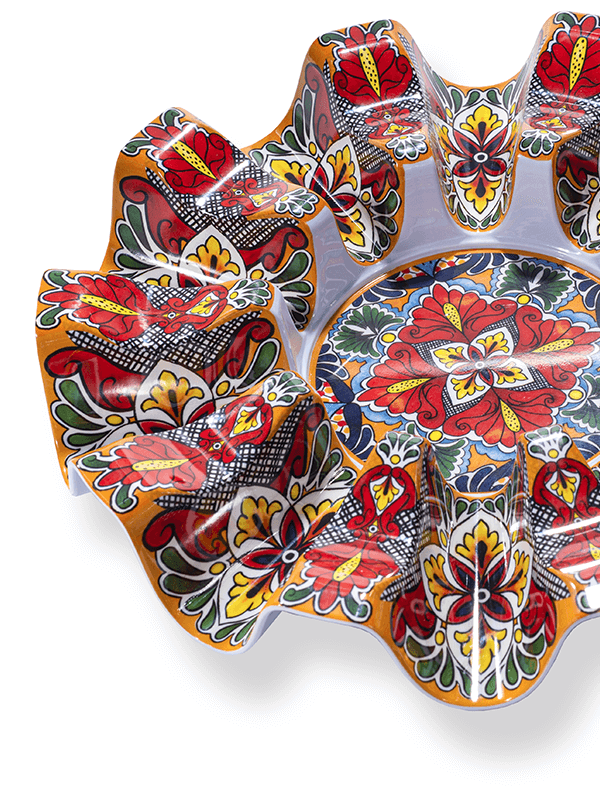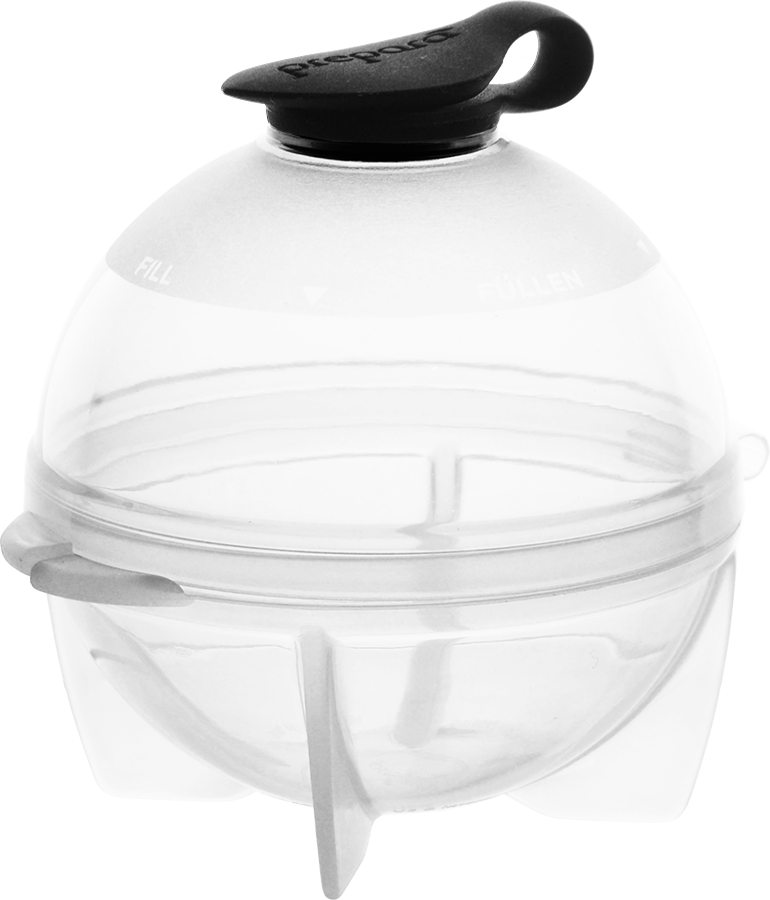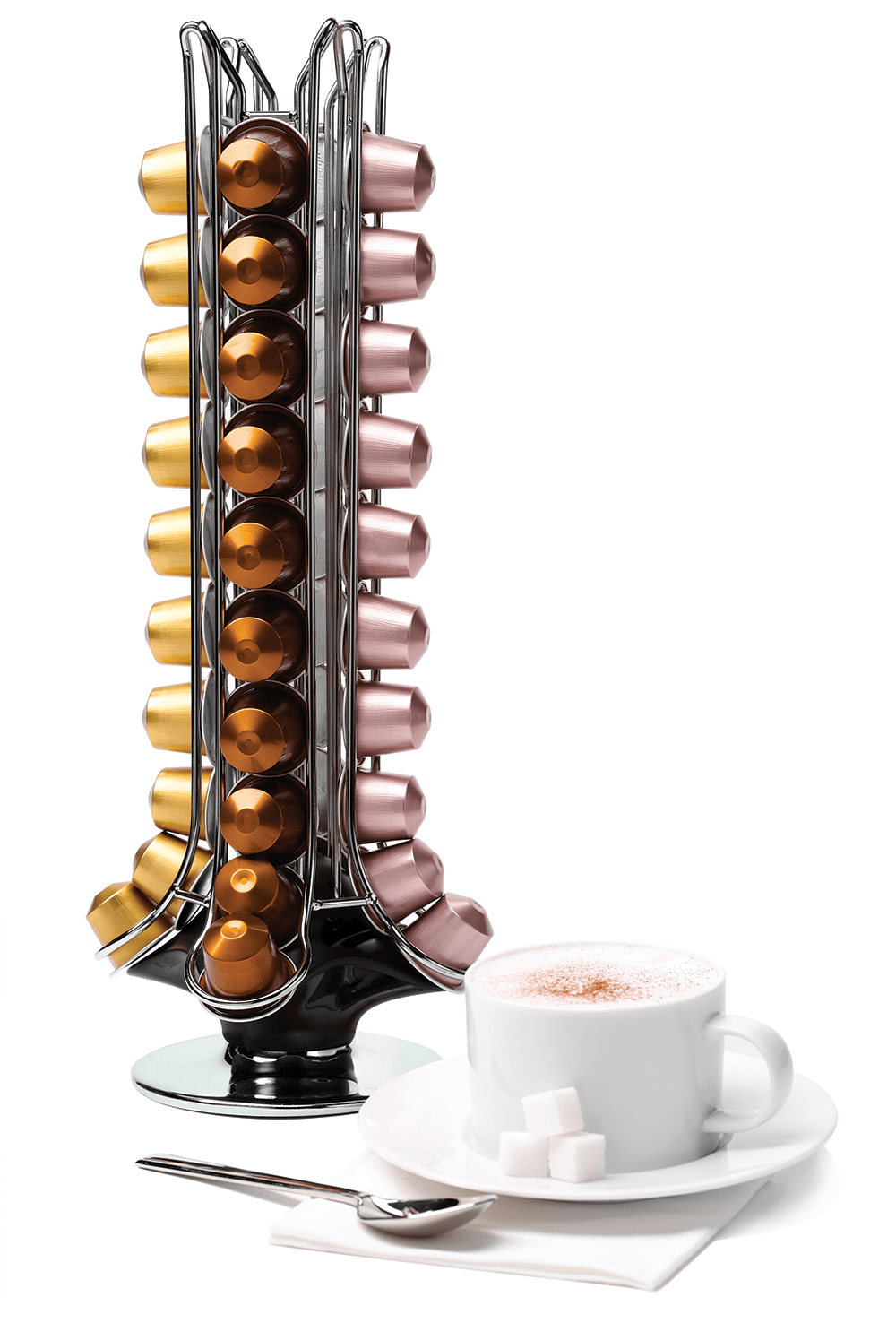If you are pregnant for the first time, you’re probably already being inundated with health tips and advice. You’re probably learning a lot about food and nutrition that will help your baby. It is important to learn how to supplement your daily diet, so your baby is born healthier. Consuming a nutritious diet while you are pregnant will also help to protect your health, so you won’t develop anemia or lose bone density. Supplement your diet with these foods, vitamins, and minerals for a healthier, happier pregnancy.
Calcium-rich Dairy Products
Try to consume more calcium-rich dairy products such as milk, yogurt, and cheese to help your infant develop strong bones. By consuming more calcium, you can also protect your own teeth and bones during pregnancy. If you are allergic to milk or have a sensitivity to lactose, then look for calcium dietary supplements at a local or online drugstore. Talk to your obstetrician to learn how much calcium your body requires.
Folic Acid
It is important to ingest folic acid while you are pregnant because it can prevent neural tube defects in infants. This nutrient is also known as vitamin B9 or folate, and it is in foods such as spinach, beans, and citrus fruit. Your obstetrician will also prescribe prenatal vitamins that are formulated with a high level of this nutrient. Make sure to take your dietary supplements according to the guidelines recommended by your obstetrician.
Iron-Rich Foods
When you are pregnant, it is easier to become anemic. With this condition, you won’t have enough red blood cells, leading to chronic fatigue. To prevent anemia, you should consume more iron-rich foods such as beef or pork, but there are also plants that contain this nutrient. If you don’t like to eat meat, then taking an iron supplement or a multivitamin that contains iron is essential. Avoid taking too many iron tablets because it can lead to digestive issues such as constipation.
Vitamin D
Most individuals don’t get enough vitamin D, and if you are pregnant, it might be advisable to take a dietary supplement that contains this nutrient. You can also eat more of the foods that contain vitamin D, including eggs, fortified cereals, fish, and yogurt. Be sure to consume vitamin D-rich foods several times a day to have more energy.
Food Assistance Programs
If you are planning on placing your baby for adoption, often the adoption agency can help you with food assistance programs, including teaching you about new ways to prepare nutritious meals or snacks. The dietitians and doctors working for adoption agencies want you to have a healthy pregnancy and infant too, so be sure to take advantage of any resources available.
Create Weekly Menus
Rather than shopping at random at the supermarket, create weekly menus for your snacks and meals. With this method, you will remain on track while shopping and will only buy the most nutritious foods. Be sure to keep foods fresh and rotate out expired products each week.
Your pregnancy is important. You are not only caring for a new life, but also your own health. Be sure to keep up good habits and keep track of your diet and nutrition.
























